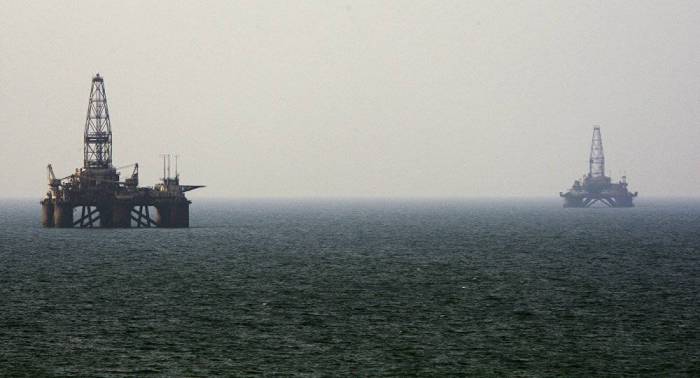"Actually, Russia and other littoral countries have already laid thousands of kilometers of pipes of different purposes in the Caspian… The number of such technical pipelines will only grow. As for the trunk, trans-Caspian pipelines, we don't have the plans to build them," Bratchikov said in an interview with the Kommersant newspaper.
He said the laying of pipelines along the Caspian Sea bottom is ruled out in case of objections on the part of Caspian states. Igor Bratchikov also expressed hope that the process of ratification of the convention on the legal status of the Caspian Sea would not be dragged on.
"I think nobody will artificially delay the ratification process. The convention is a balanced and equitable document. It takes full account of the national interests of all littoral countries. Its early entry into force meets the needs of all parties," Bratchikov told the Russian Kommersant newspaper in an interview.
However, the diplomat did not rule out that the procedure of ratification might be affected by electoral cycles in certain countries. "It is important to prevent the convention from becoming a hostage of pre-election battles," Bratchikov noted.
The diplomat added that non-regional players, including the United States, had been trying to influence the negotiation process during all 20 years of talks, "up to the last moment."
The status of the Caspian Sea, which is rich in hydrocarbon deposits, had been regulated by agreements reached between Iran and the Soviet Union until the dissolution of the latter and following the emergence of five new independent states surrounding the body of water, namely Azerbaijan, Kazakhstan, Russia and Turkmenistan.
On August 12, the leaders of Azerbaijan, Iran, Kazakhstan, Russia and Turkmenistan signed a convention on the legal status of the Caspian Sea, a historic document that has been 22 years in the making. According to the document, the main area of the water surface of the Caspian remains in the common use of the parties, and the seabed and subsoil are divided by neighboring states into plots by agreement between them on the basis of international law. Shipping, fishing, scientific research and laying of pipelines are to be carried out according to the rules agreed upon by the parties.
More about: Caspian-sea
















































